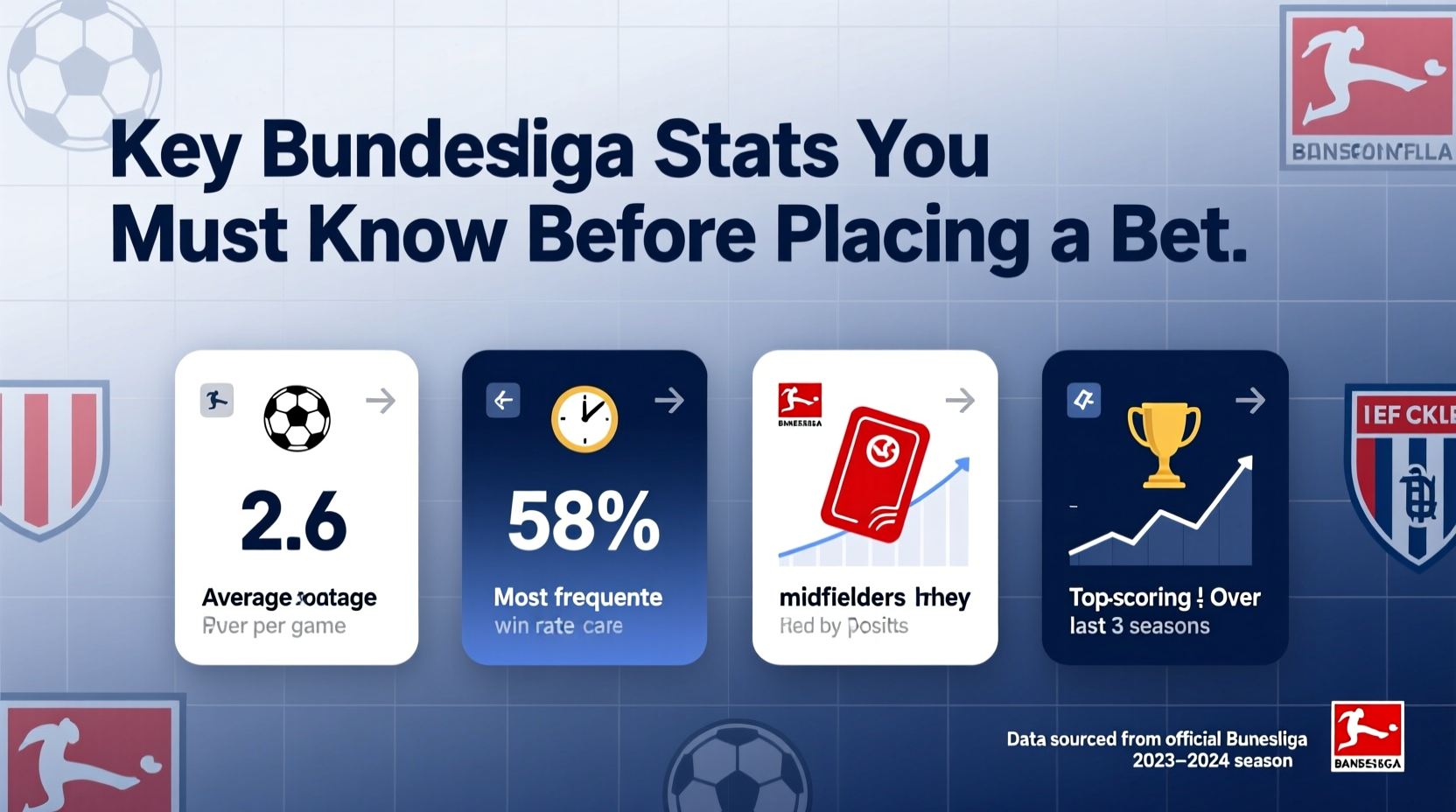When people think of Cristiano Ronaldo today, they picture one of football’s greatest icons—a player with countless trophies, Ballon d’Or awards, and records. But even legends have starting points on the global stage. The Cristiano Ronaldo first World Cup in 2006 was a defining moment in his rise from a promising young winger to one of the most recognized figures in international football.
His debut tournament was not just about goals and performances. It was also about learning how to handle pressure, controversies, and the expectations of millions. Understanding Ronaldo’s first World Cup experience helps explain the resilience, leadership, and hunger that have defined his career ever since.
The Road to the 2006 World Cup in Germany
Portugal’s qualification campaign for the 2006 World Cup set the stage for Ronaldo’s debut. At the time, he was only 21 years old and playing for Manchester United, where he had already begun to make a name for himself with dazzling dribbles and electrifying pace.
For Portugal, the World Cup represented an opportunity to build on their run to the Euro 2004 final. For Ronaldo personally, it was his chance to prove himself on football’s biggest stage.
Ronaldo’s Rising Status Before 2006
By 2006, Ronaldo was already one of Manchester United’s brightest stars. His performances in the Premier League had shown his technical brilliance, but critics still doubted whether he had the maturity to deliver consistently at the highest level. Heading into the World Cup, expectations were sky-high. Portugal fans hoped he would be the player to push their team into contention, while global audiences were eager to see whether this young star could shine against the best.
This anticipation created an electric atmosphere even before the first ball was kicked.
Group Stage Performances and Early Impressions
Portugal’s group stage matches in Germany offered the world its first real look at Ronaldo in a World Cup setting. He showed flashes of his trademark flair, quick footwork, and hunger to score. His first World Cup goal came against Iran, a confident penalty that demonstrated his willingness to step up under pressure.
Although he was not yet the focal point of Portugal’s attack, his presence added unpredictability and energy to the team. Commentators noted his ability to change the tempo of a game instantly, a quality that would later become one of his defining strengths.
Ronaldo’s group stage appearances hinted at the potential of a player who was just beginning to understand his place in international football.
The Knockout Rounds — Ronaldo Under Pressure
As Portugal advanced to the knockout stages, the pressure intensified. Ronaldo’s role in the team grew, and the spotlight followed him closely. The Round of 16 and quarterfinals tested not only his skill but also his mentality.
Quarterfinal vs. England and the Infamous Incident
The most controversial moment of Ronaldo’s first World Cup came in the quarterfinal against England. After teammate Wayne Rooney was sent off, cameras caught Ronaldo winking at the bench, sparking accusations that he had influenced the referee’s decision.
The incident created a media storm. English fans branded him a villain, and boos echoed around stadiums whenever he touched the ball. For such a young player, the backlash was immense. Yet Ronaldo responded with resilience, helping Portugal advance to the semifinals.
This episode became a turning point, shaping his mental toughness and teaching him how to thrive even when under intense criticism.
Controversies and Global Reactions
The fallout from the England match was massive. Headlines across Europe and beyond debated Ronaldo’s actions, questioning his sportsmanship and maturity. The controversy followed him back to England, where Premier League fans jeered him relentlessly in the following season.
However, this global reaction also revealed something important—Ronaldo was now a central figure in world football. Love him or hate him, people could not ignore him. The controversy tested his character, and instead of breaking him, it fueled his determination to prove critics wrong.
This resilience would later become a cornerstone of his career, helping him face challenges and setbacks with defiance.
Lessons Learned from His First World Cup
Ronaldo’s first World Cup was more than a tournament; it was a classroom of experience. He learned how to handle the weight of expectation, how to bounce back from criticism, and how to embrace his role as a national figure.
While Portugal fell short in the semifinals against France, Ronaldo emerged with valuable lessons. He realized that international football demanded not just skill but also mental strength and maturity. These lessons would shape his approach to future tournaments, where he evolved into a leader capable of carrying his team through the toughest moments.
Cultural Impact of Ronaldo’s First World Cup
Beyond the pitch, Ronaldo’s first World Cup made him a household name. His style, both in play and personality, became a talking point among fans around the world. For Portuguese supporters, he represented hope for the future. For global audiences, he became a symbol of youthful energy and ambition.
In today’s digital age, these stories are revisited and celebrated in interactive communities. Fans who want to explore football legends and cultural narratives often connect through platforms like เว็บ ufa168, which combine insights, history, and entertainment in one place.
Additionally, modern fan engagement goes beyond watching matches. Many fans immerse themselves in analysis, predictions, and community discussions. Platforms offering guides on topics such as วิธีแทงบอลสเต็ป allow fans to interact with football culture in new ways, blending the past and present into a richer experience.
Ronaldo’s debut World Cup continues to resonate because it represents the beginning of a journey that millions have followed passionately.
Comparing Ronaldo’s First World Cup to Later Appearances
Looking back, Ronaldo’s 2006 debut provides a fascinating contrast with his later World Cup performances. In Germany, he was raw, emotional, and still learning how to manage the spotlight. In subsequent tournaments—2010, 2014, 2018, and 2022—he appeared as a seasoned leader, more mature and more consistent in his approach.
This comparison highlights his evolution. The wide-eyed youngster of 2006 eventually became Portugal’s captain, guiding them through countless campaigns with authority and resilience. The growth from his first World Cup to his later appearances reflects his broader career trajectory—from promise to fulfillment, from talent to legend.
The Legacy of Cristiano Ronaldo’s First World Cup
The legacy of the Cristiano Ronaldo first World Cup lies not in trophies or medals but in transformation. That tournament was the foundation of his international journey, shaping him into the player and leader the world would later celebrate.
It showed the world his talent, revealed his vulnerabilities, and forced him to grow. Without the lessons of 2006—the controversy, the criticism, and the early glimpses of brilliance—Ronaldo might not have developed into the resilient icon he became.
His first World Cup remains a milestone, remembered as the moment when the world realized that a new superstar had arrived.
Conclusion: Ronaldo’s First World Cup as a Turning Point
Cristiano Ronaldo’s debut World Cup in 2006 was more than just his first taste of football’s grandest stage. It was a turning point in his career, shaping his resilience, strengthening his mentality, and laying the foundation for his future as Portugal’s leader.
The Cristiano Ronaldo first World Cup reminds us that greatness is often forged in adversity. From dazzling performances to heated controversies, the tournament tested him in every possible way. And as history shows, he emerged stronger, determined, and destined for greatness.
For fans and football enthusiasts, Ronaldo’s first World Cup remains a timeless chapter in the story of a legend—proof that even the greatest must start somewhere, and that their earliest struggles often define the heights they eventually reach.




